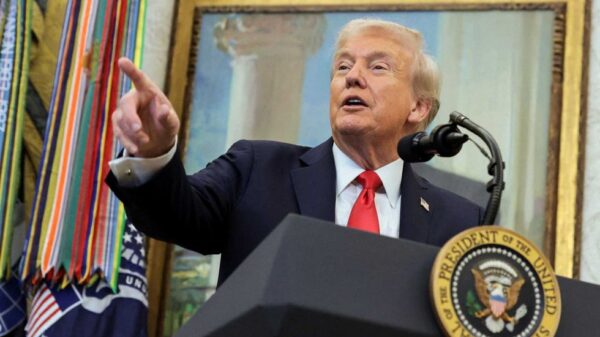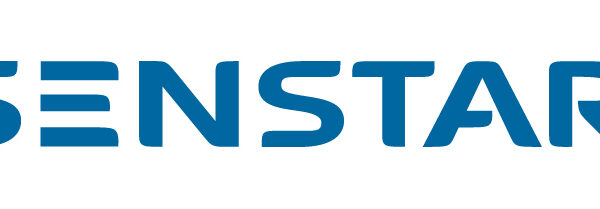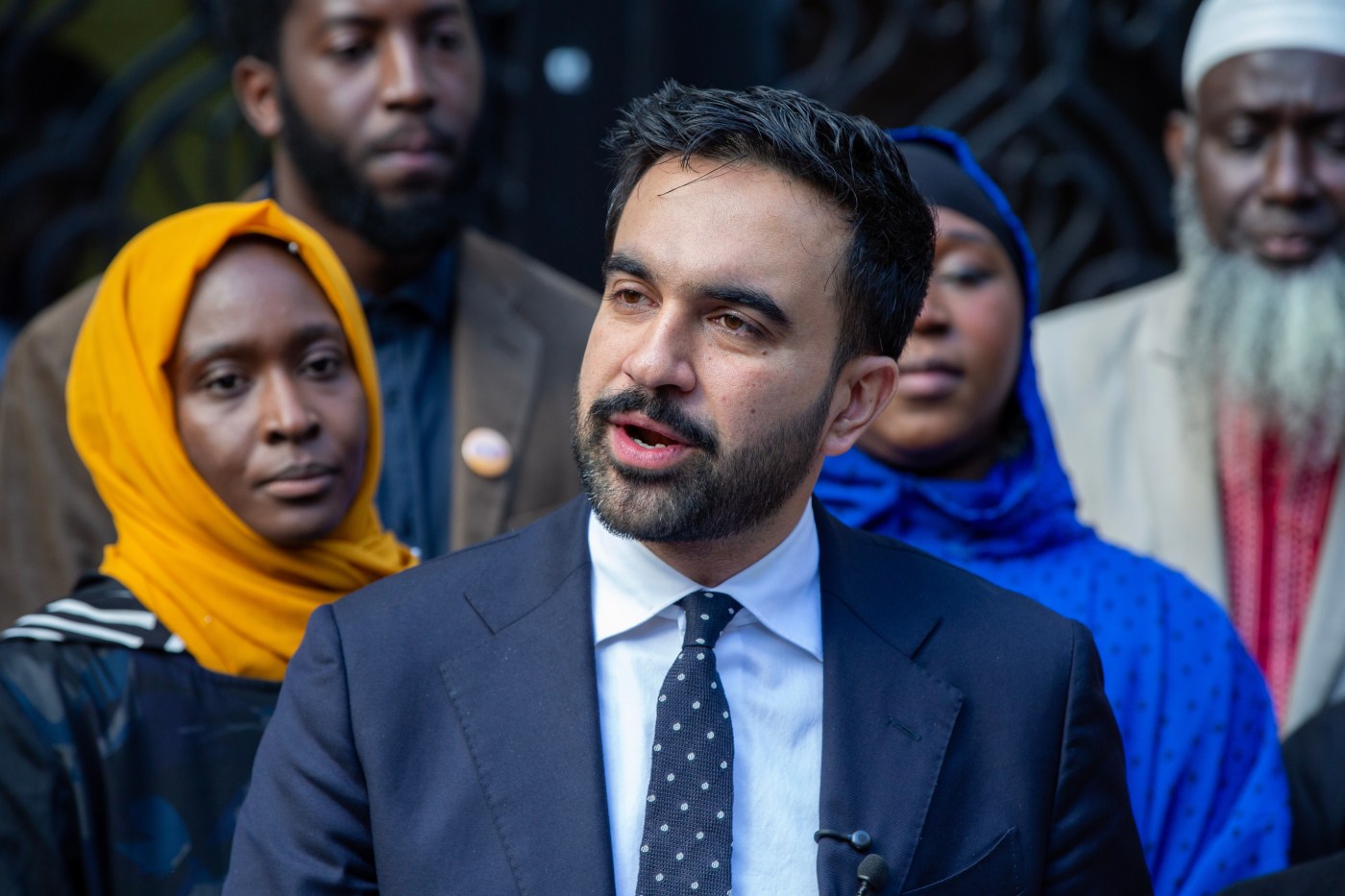The political landscape in the United States is undergoing a significant transformation, as two emerging figures, Charlie Kirk and Zohran Mamdani, represent diverging paths for their respective parties. Kirk, a conservative leader and founder of Turning Point USA, and Mamdani, a rising star in the Democratic Party, are reshaping the discourse around American politics, particularly in the context of the upcoming mayoral race in New York City.
Kirk, who was tragically assassinated at the age of 31, had become a prominent voice for conservative values, advocating for principles of faith, freedom, and family. His influence extended across college campuses, attracting a generation that resonated with his message of Republican unification. Notably, he was endorsed by former President Donald Trump, solidifying his position as a key figure within the GOP.
In contrast, Mamdani, who is projected to become New York’s mayor at just 34 years old, is leading a faction of the Democratic Party that is increasingly characterized by its left-wing policies. His proposals, which include making public transportation free and providing affordable food through city-run grocery stores, have garnered significant traction among younger voters. Supported by prominent figures like Senator Bernie Sanders and Senator Elizabeth Warren, Mamdani is often viewed as a catalyst for a more radicalized Democratic platform.
Contrasting Visions for America
The contrast between Kirk and Mamdani extends beyond their political platforms. Kirk’s philosophy emphasized individual responsibility and the idea that economic success comes from hard work. He famously stated, “In America, you are usually a conservative if you produce more than you complain.” Conversely, Mamdani’s approach leans toward a system that advocates for greater government support, suggesting that citizens should have access to what others produce.
Both leaders have effectively mobilized support among young voters, albeit in vastly different ways. While Kirk championed conservative ideals that promote self-reliance, Mamdani’s leftist agenda appeals to those advocating for more expansive social safety nets. This ideological divide highlights a broader schism within the Democratic Party, as moderate Democrats find themselves at odds with the increasingly radical elements represented by Mamdani.
Mamdani’s background plays a significant role in his political identity. Born in Kampala, Uganda, he moved to the United States at the age of seven and has since navigated a path that reflects both his personal experiences and his commitment to social equity. His dual citizenship has led to a unique perspective that he brings to his campaign, contrasting with Kirk’s more traditional American roots.
The Future of Party Politics
As both parties confront their internal conflicts, the paths of Kirk and Mamdani illustrate the broader ideological battles shaping the future of American politics. Kirk’s untimely death leaves a void in the GOP, while Mamdani’s ascent raises questions about the direction of the Democratic Party. With the political climate becoming increasingly polarized, the choices made by these parties in the coming months will undoubtedly influence the political landscape for years to come.
Kirk’s vision for a united Republican Party focused on core conservative values, while Mamdani’s approach seeks to redefine the Democratic Party by advocating for progressive reforms. As the nation grapples with these diverging paths, the implications for governance, voter engagement, and social policy will be profound.
Political observers note that the upcoming mayoral election in New York City will serve as a crucial battleground for these competing ideologies. With young voters increasingly engaged in political discourse, the outcomes of these elections may set the tone for future campaigns across the country. The stakes are high, and the decisions made now will resonate long into the future.





































































